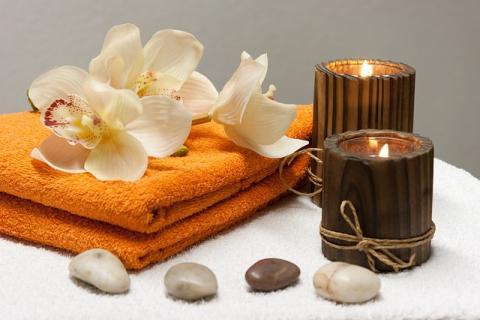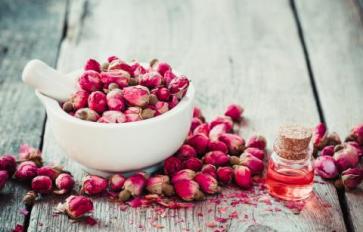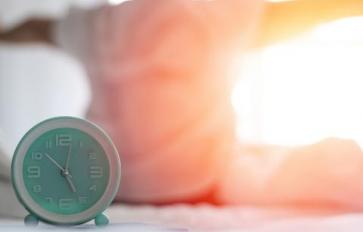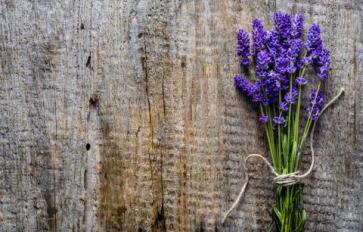
According to the philosophy of Ayurveda, anxiety is the manifestation of an imbalance in the body that originates in the mind, causing psychological changes similar to the body’s inherent response to stress. The core belief is that the body has an inherent wisdom and is able to return the body, mind and spirit to a healthy, balanced state. It is truly amazing when we think about how immensely resilient our bodies are, despite the difficulties we often tend to impose upon them.
The practice of Ayurveda emphasizes that the body is composed of elements that combine to create three main body/mind compositions known as doshas. Each dosha has various attributes and generally speaking, all individuals have both a primary and secondary dosha type. Vata is comprised of air and space and embodies the quality of movement in the body, governing functions such as circulation, respiration and elimination. When in balance, if Vata pre-dominates, a person tends to be thin, sensitive, deeply creative, light, energetic and enthusiastic. The dosha of Pitta is a combination of the contrasting elements of fire and water, which manifests as transformation. In the body, this affects processes such as the regulation of temperature, chemical reactions and metabolism. An individual with a primarily Pitta constitution has an inclination towards having a medium physical build and being intensely passionate, intelligent and driven in nature. Kapha dosha combines the elements of water and earth. Physiologically, this is expressed as the flow of water to all body parts and organs in addition to maintenance of the proper functioning of the immune system. When Kapha dominates, a balanced individual has a tendency towards being easygoing, nurturing, the supportive and stable “peace keeper”.
According to Ayurveda practices, anxiety is the result of an excess accumulation of Vata in the nervous system. The first step in addressing any imbalance or illness is to first identify and then remove the cause. In the case of anxiety, it is either a Vata aggravating diet or lifestyle tendency. When it comes to our dietary habits, all food is said to cater to different doshas and contain various elemental compositions. It is believed that Vata can be brought back into balance by incorporating opposite quality foods and lifestyle practices into your routine. As far as diet is concerned, all processed and fried foods should be avoided as well as light, airy products such as crackers and popcorn, which are all aggravating to Vata. It is important to counterbalance this dosha with seasonal and organic foods such as root vegetables. Meals should be regular and prepared warm, soft and easy to digest. Limit cold food and drinks as well as caffeine and alcohol, which both heighten the presence of Vata in the nervous system. Preparing warm milk with ginger and cinnamon spices is a perfect sleep and relaxation aid before bed.
Abhyanga is a term meaning “self oil massage” which is also extremely beneficial in pacifying Vata. It is believed that the effects of this practice are similar to the feelings of safety and stability generated by love. For optimal results, this should be done daily. Pairing this with time set aside for relaxation such as reading, listening to uplifting music and writing positive affirmations for yourself is a great way to ensure a healthier mind and body and reduce built up stress and anxiety. One of my personal favorite affirmations for anxiety comes from the amazing writer and speaker Louise Hay who says, “Life supports me and wants me to be fulfilled and happy.” Regular, moderate exercise is also strongly recommended to ease stress and keep the body’s circulation in order.
Ayurveda is a holistic approach, meaning that healing takes place on a spiritual, physical, and emotional level. Try incorporating several of these suggestions into your routine and enjoy a more relaxed and peaceful state of well-being.








